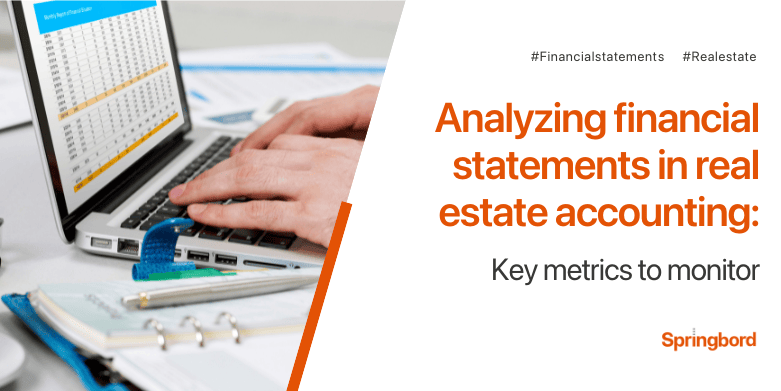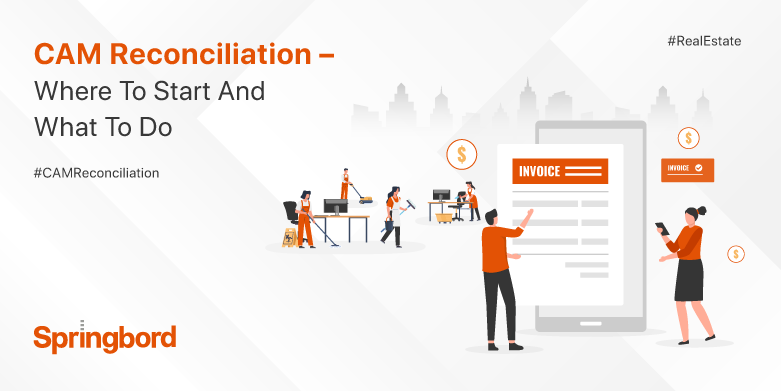M
E
N
U
When did you last closely examine the costs associated with common area maintenance (CAM)? For many business owners, CAM fees are unavoidable in leasing commercial property, but they are often obscured by complexity and hidden costs. Overcharges can easily be overlooked due to ambiguous line items and suspicious expense allocations. But are you paying more
Common Area Maintenance (CAM) charges are an important yet complicated aspect of commercial leasing. Covering expenses like maintenance, security, and utilities, these charges often lack transparency, leading to unexpected costs and budgeting challenges. A clear understanding of CAM charges and their impact on your lease can help avoid disputes and manage expenses effectively. In this
The financial stability and operational effectiveness of a company are directly impacted by lease administration, an important but intricate component of property management. Managing lease portfolios requires in-house teams to navigate complex lease terms, comply with regulations, and keep track of crucial dates—all of which can quickly become burdensome. Many businesses face challenges like missed
Effective lease management is essential for keeping a competitive edge in the complex world of commercial real estate. An important part of this process is lease abstraction, which is the process of reducing complicated lease agreements to key takeaways. By adopting best practices in lease abstraction, business owners can ensure they have a clear understanding
Managing receivables is more than just ensuring payments are collected, it’s about maintaining the financial health and stability of your business. From handling diverse client portfolios to navigating extended payment terms, real estate professionals face unique challenges that can strain cash flow and complicate operations. In this blog, we’ll explore the top five challenges in
Analyzing financial statements in real estate isn’t just about crunching numbers—it’s about gaining a deeper understanding of your assets, liabilities, and overall financial health. For business owners in the real estate sector, mastering key financial metrics is essential for making informed decisions that drive profitability and long-term growth. We will go over the important metrics
In commercial real estate, the true art lies not just in securing prime locations or closing profitable deals, but in the meticulous management of the unseen elements that keep these properties running smoothly. One such element, often overlooked but extremely important, is Common Area Maintenance (CAM) reconciliation. This process, while seemingly ordinary, can be the
Accurate accounts payable (AP) management is not only necessary but also essential to the financial stability and operational effectiveness of the real estate sector, where big sums of money and lots of transactions are the norm. However, the complexity of real estate transactions often leads to common AP errors that can have significant financial and
The precision and availability of lease data are more important than ever in the dynamic and ever-changing real estate industry. Business owners who manage extensive property portfolios know that the devil is in the details; overlooking even a minor clause in a lease agreement can lead to costly errors, regulatory fines, or missed opportunities. As
Every dollar matters in the fast-paced business world, and keeping profitability depends on controlling operating costs. One area that often goes unnoticed and unchecked is Common Area Maintenance (CAM) charges in commercial leases. While these charges are intended to cover shared property expenses, many business owners are unknowingly overpaying due to errors, uncertain lease terms,











